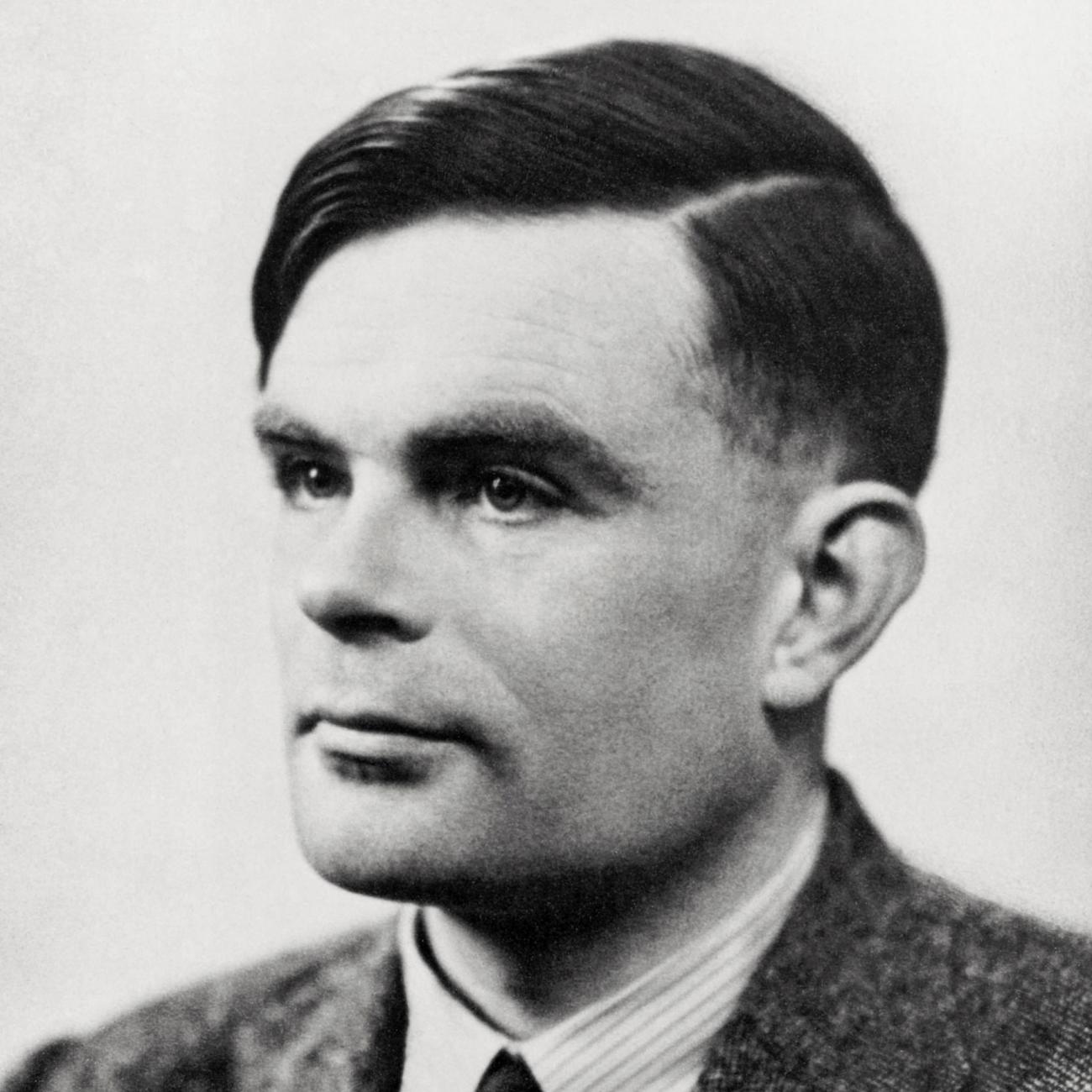In 1942 a war-torn Britain, reeling from the Blitz, bogged down in North Africa and in reverse in Asia, would discover the country’s best chance at survival. This would be in the form of a civilian army of crossword loving, tea drinking, unapologetically avid data collectors. One of these mathematicians, Alan Turing, would enter the halls of history forever after creating the enigma cracking Turing machines. These machines would go on to crack 84,000 enigma messages a month, out of a possibility of nearly 159 quintillion different settings on the enigma machine. In a tidal wave of different possibilities, the fact that a machine could transcend the hordes of data and crack the enigma is astonishing. However, today we rely on data more than ever and given the widespread use of smartphones and technology, there are great reservoirs of untapped data waiting to be unleashed. The emergence of the IOT (internet of things), hyper-personalisation and digitalisation has meant that extracting data is more valuable and useful than ever. The use of big data goes some way to analysing large volumes of data when traditional software cannot. This can allow huge levels of data to be collected and deciphered, but the value can often be lost with the lack of direction. Omnidata, has a more focused approach, only dealing with specific segments of data and as a result, can extract more value from that category of data.
Big data is like a soup, you can consume it all and discover bits of chicken and carrot, taste hints of parsnip and smell whiffs of garlic but other tastes may be lost completely. Omnidata, is using those same ingredients and dividing them up into a roast, where you can clearly identify them and choose to consume them separately. This way, you can extract the value out of each ingredient and combine them if optimal. Now think of the plate/ bowl as the whole data collection and the ingredients as different groupings of data. Although big data allows the analysis of large amounts of data, the value can be lost. Omnidata is simply an evolution of big data, with a solution-first methodology with a greater emphasis on business application. Big data teams tend to be large unwieldy IT teams, whilst omnidata teams are often run by business and finance units. Additionally, omnidata intelligence software is often built for specific industry needs or problem’s, allowing it to become an elite fighting force in data collection, analysis and value extraction. Ultimately, omnidata operates on three principles; collect specific data, use experienced operators and utilise intelligent software technology.
Why is omnidata important? The internet of things is transforming objects that once had no data collection function into technologically living entities. Everything can be monitored and as a result, it is important to be able to make sense of this data. What is the value in having a customers purchasing behaviour bungled up in vast swathes of data if it cannot be utilised in improving the product, performance of your business and ultimately boosting revenue potential? It can provide new insights into customer experience, allowing businesses to improve operations or provide additional benefits. Omnidata is essential in providing insights into an expanding data universe which will be translated in securing growth and facilitating additional value.
The world is digitalising, IOT is becoming a reality and the use of data is becoming vital for remaining competitive and improving on the promise of capitalism. We are witnessing a transformation so disruptive that it will transform our world forever, further compressing time and swinging the pendulum of opportunity to new horizons. However, for this to materialise data must be scrambled, the value must be extracted, and results utilised. The fourth industrial revolution will be founded on the seas of data, just as coal formed the first. Turing was truly a visionary, a master of mathematics and would be the inspiration for generations of computer inventors and entrepreneurs.
By Henri Willmott

